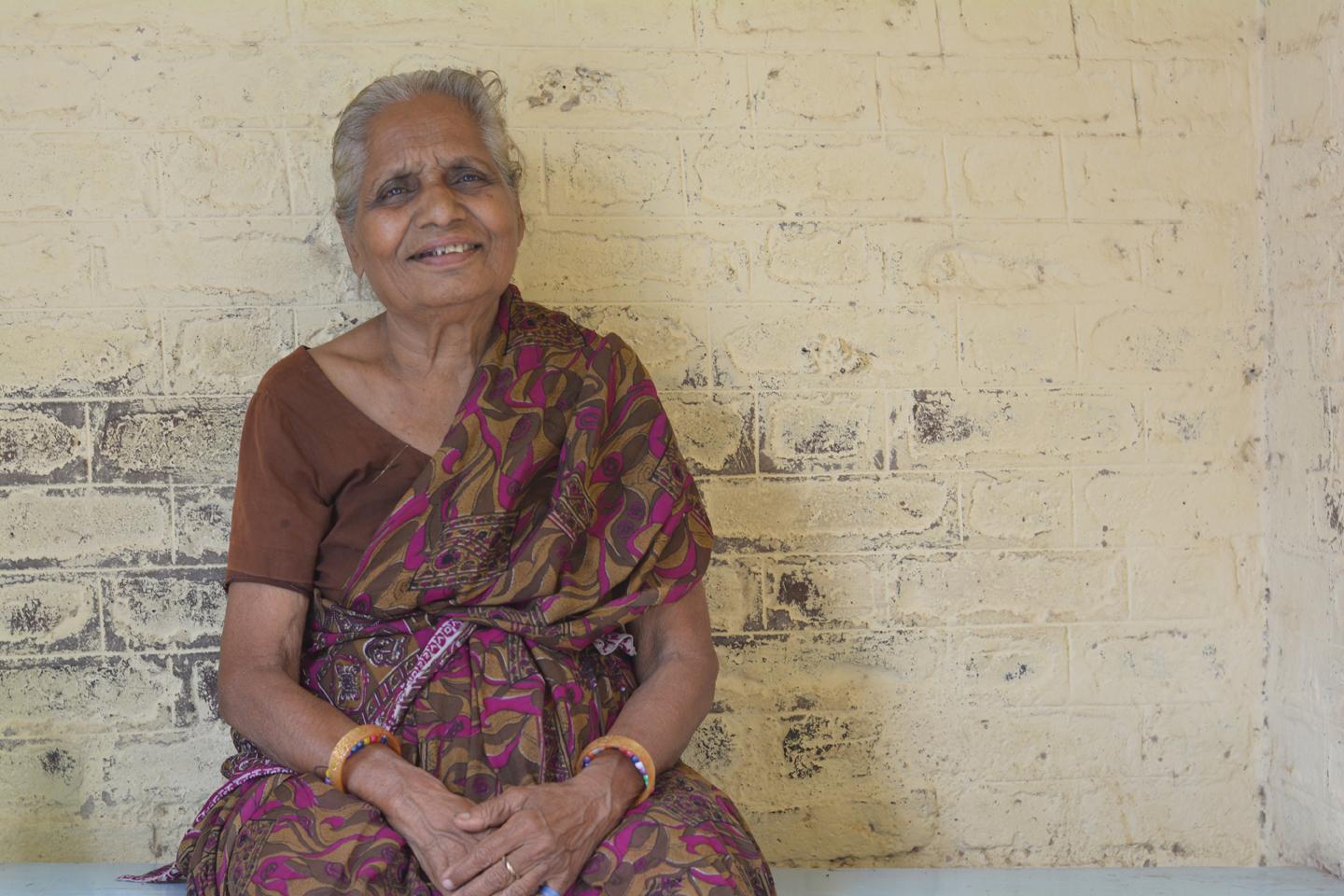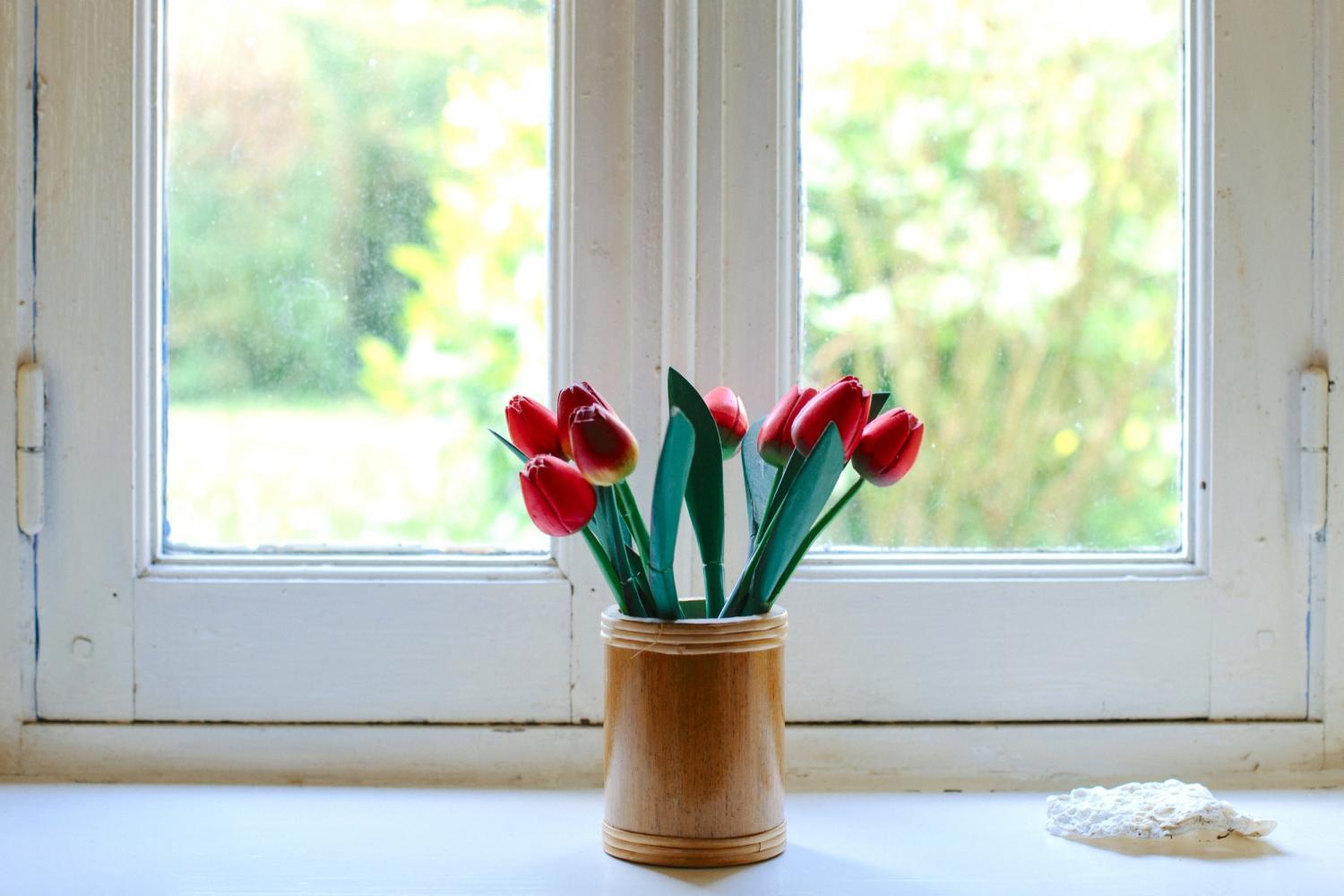
The Plight Of Women And The Hope Of Restoration
Being born a female in some places can mean being doomed to a life of physical and sexual abuse, neglect, infanticide, murder, child marriage and prostitution – just a few in the long list of devastating injustices.
Someone who knows this well is Lorraine Francis, the director of Pandita Ramabai Mukti Mission (Mukti), a home for destitute women and girls in India.
Founded in 1889 by social reformer Pandita Ramabai – who was an orphan and widow – Mukti rebuilds, restores and renews lives. There are homes for children and women, farms, schools, offices, a church and a hospital.
Mukti now includes 18 branches in India, mainly in tribal places where people are living in wretched conditions.
It provides residential care to more than 600 women and children.
Injustices that were common in Ramabai’s time still happen in remote places in India today. While child brides were accepted in the 1800s, India is still home to one-third of the world’s child brides today, reports UNICEF. Girls as young as eight or nine are forced into marriage and given to a man in his 40s to be his wife. Many of those child brides become child widows.
Francis recently received a visit from an affluent family from Delhi, a husband, his wife and three children.
The purpose of their trip was to visit their roots. When asked how they were connected to Mukti, the husband explained that he was the great-grandchild of Tara, a woman who came to Mukti as an 11-year-old widow. She had been branded with hot iron rods after the death of her husband.
After suffering torture at the hands of her in-laws, she was able to escape and Ramabai brought her to Mukti. There, she was able to receive an education and was set up into a safe marriage.
“Second marriages for women were unheard of,” explained Francis. “Ramabai arranged Tara’s wedding and sent her to Delhi, and that’s how this offspring came to be.”
Many girls who marry as children and become child widows escape from their homes – seeking a better life – and find themselves in the red light areas to work as prostitutes.
“They feel that life (as a prostitute) is better than their other life (as a widow). These red light areas came into existence because women are treated like second class (citizens). They have (been) used and abused,” Francis said.
To help these women and girls, Mukti Mission rented a place in a city in India where the red-light district is located.
Here, Mukti provides a place for the children to stay and sleep during business hours, so that they do not have to be subjected to the graphic nature of what goes on in the industry. Before this shelter, children would have no choice but to sleep in a little cabinet below the bed, where their mother would have to entertain a client.
While being a woman there is hard enough, imagine being a woman who is mentally or physically challenged. If blind, crippled or having a mental disability, society deems these women worthless.
“If a child is born with special needs, especially a girl, she is considered a curse,” Francis explained. “(They believe) it is an evil thing and they need to shun off the curse. Many (girls with disabilities) are disposed of.”
Mukti has a home and school for the blind and for those with other physical or mental challenges. It is a beacon of hope for all, and that does not end once women leave Mukti.
“Somebody asked me what the girls do after they leave Mukti. Mukti continues to be their home. When they get married and go, they come back (later) with their husbands, especially when they have their first baby,” Francis explained with a warm smile. “In India, we go to our mom’s house when we have our first child. These girls don’t have a mom, so Mukti is their mom. They call me mom.”
In Canada, Global Aid Network (GAiN) is the representative of Pandita Ramabai Mukti Mission and represents the work of PRMM across the country under GAiN’s women and children area.
GAiN is a worldwide humanitarian relief and development organization dedicated to bringing hope and tangible help to the poor and the suffering. Since 1998, GAiN Canada has mobilized people and resources to help people in over 43 countries around the world. www.globalaid.net









